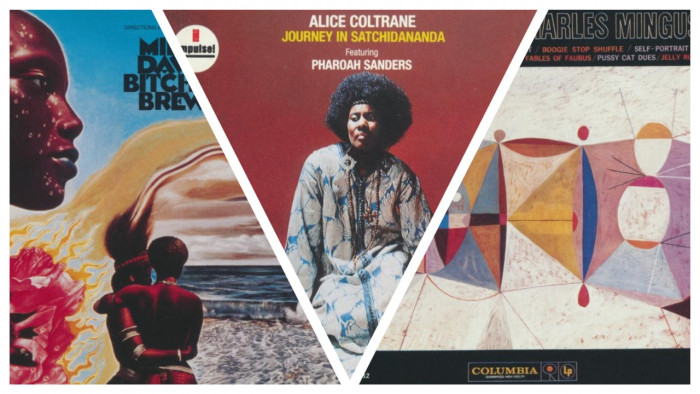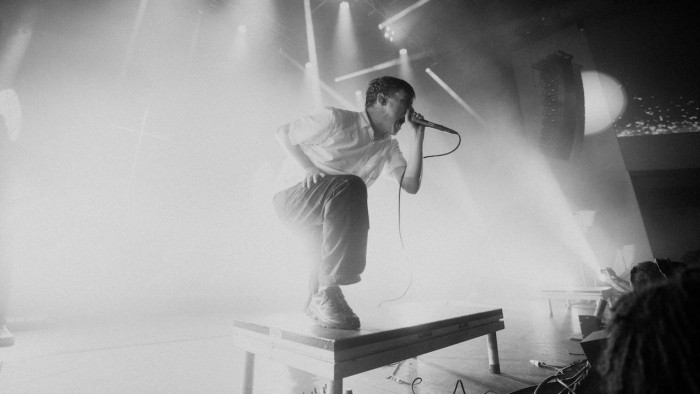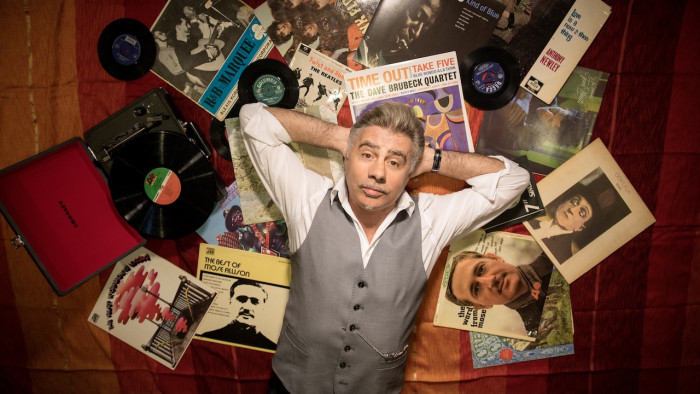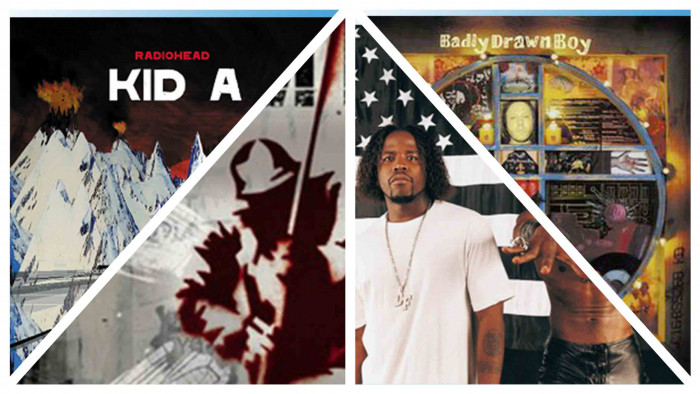Who was Mark E. Smith? Your quick explainer on the post-punk legend
Farewell to an unlikely national treasure


You’ll know the name, but it’s testament to his absolute, total commitment to not ploughing his own, uncompromising artistic furrow that means that you may not necessarily know who Mark E. Smith really is.
The post-punk legend passed away on 24 January at the age of 60, and his ex-wife, and former member of The Fall, Brix Smith Start perhaps summed up his legacy best with her statement:
“Mark defied convention and definition - he was a true artist. When I arrived in Manchester - a young American - he introduced me to pickled onions, pubs and punk. He was my music mentor, my cultural anchor, and my first love. I feel deeply saddened by his passing, but I feel greater joy for having shared his journey. He never once compromised, how many others can leave this life with such a singularity of vision? ‘Check the guy’s track record He is not appreciated’ [a lyric from a 1988 song by The Fall] Now at last he is… “
The early years
Mark was born on 5 March 1957 in Broughton, Salford, attending Stand Grammar School before leaving aged 16. He worked in a meat factory and as a shipping clerk on the Manchester Docks; however, his life was to change when he attended the legendary Sex Pistols gig at the Manchester Free Trade Hall in June 1976. Attendees at the show included Morrissey, who went on to form The Smiths, Pete Shelley and Howard Devoto, who formed The Buzzcocks, Bernard Sumner and Peter Hook, who formed Joy Division, and Paul Morley, who would become an influential writer for the NME - and Mark E. Smith.
He, too, was inspired to start his own band called The Fall, named after the novel by Albert Camus (and originally called The Outsiders, also after a work by Camus), with his friends Martin Bramah and Tony Friel, and his girlfriend Una Baines. He gave up his job shortly after to devote his full energies to the band, and never went back to a ‘normal’ job again.
The Fall
The original line up saw Smith sing, Bramah play guitar, Friel play bass and Baines hitting biscuit tins instead of drums; unable to afford to buy a kit, she then switched to keyboards.
Inspired musically by Can, the Velvet Underground, Captain Beefheart, the Monks and the Stooges, and literally by H.P. Lovecraft, Raymond Chandler and Malcolm Lowry, the band’s philosophy was to be intentionally raw and repetitive. In the song ‘Repetition’, they declared “we’ve repetition in the music, and we’re never going to lose it”.
The band underwent its first line up change in 1977 - and it was to be the first of many, all the founding members departing by 1979 and Mark E. Smith remaining the only member while an astonishing 66 musicians came and went over the band’s 42 year history. Of these, around a third played in the band for less than a year.
The graphic below shows this in stark form:

The stories
So why did the line-up change so often, and so regularly? Well, there were legendary stories relating to Smith’s difficult manner, with Dave Simpson writing in the Guardian that, “Smith ran the group like a small industrial factory, hiring and firing on a whim. I heard from wives and ex-girlfriends, who’d all been ultimately discarded or abandoned by him (one, girlfriend/manager/kazoo soloist Kay Carroll, exited the van on a freeway in the middle of a snowstorm).
“I heard tales of guitarists being blindfolded on the way to gigs or dumped in Swedish forests; there were stories of ‘creative tension’ and psychological torture. Songs had been recorded live in the back of speeding vans. A drummer who hadn’t played for years found himself press-ganged into The Fall minutes before they played to thousands at Reading, by a singer and guitarist bloodied from going at each other with knuckledusters.”
There were also funny stories - a legendary yarn that The Fall’s contract to appear on Later… with Jools Holland featured a clause saying that under no circumstances could Holland play ‘boogie-woogie piano anywhere near The Fall’ - and touching stories of Smith being kind and helping people in need.
The legacy
From 1979 to 2017, The Fall released an incredible 32 studio albums, five part studio, part live albums, 32 live albums and a host of compilations - none of them achieving widespread fame bar a couple of minor hit singles in the late 1980s.
However, they are acknowledged to be hugely influential to a host of other musicians, and were long backed by BBC DJ John Peel, who said they were his favourite band, saying: “They are always different; they are always the same.”
Smith appeared on records alongside Edwyn Collins, Elastica, Gorillaz, Long Fin Killie, Mouse on Mars, Coldcut, Inspiral Carpets and Ghostigital, no doubt just a few of the artists who asked him to work with them.
Frank Skinner is a huge fan, often using their song ‘Rowche Rumble’ in his live stand-up shows. The news of his death has led to an enormous outpouring of tributes from musical legends from Manchester and beyond.
For the newcomer, where to start on such a mountainous legacy? Well, we wouldn’t like to say: just dive in and see where it takes you, much like Smith, a true one-off, did back in 1976.
(Image: Rex)








